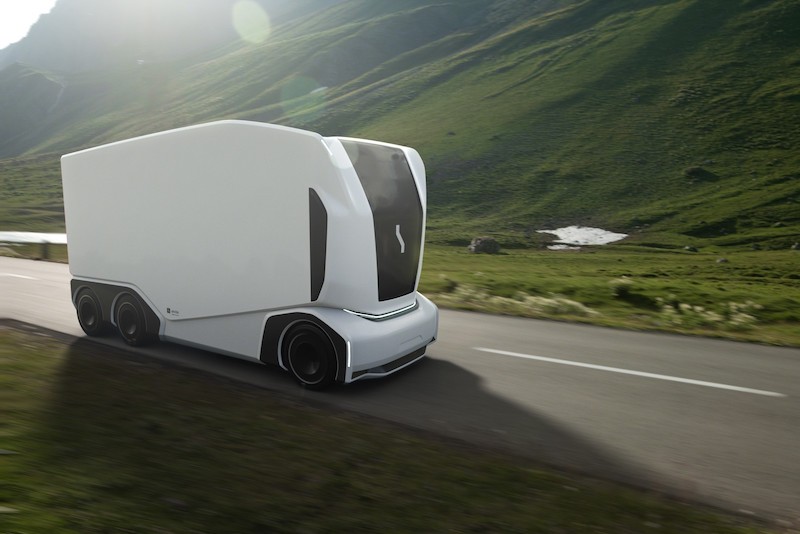The trucking industry is shifting its attention to autonomous trucks to address the rising truck driver shortages. These driverless vehicles are an undeniable part of our future, promising a bright horizon for the trucking industry.
With their advanced technology, these vehicles could revolutionize global goods transportation. Beyond mere machines, these autonomous giants embody human ingenuity, leading to safer roads and greater efficiency.
The Rise of Autonomous Trucks
Industry experts project that driverless trucks will be more common on our roads within the next ten years. Autonomous trucks have gotten the green light in over two dozen states for intrastate operations.
Additionally, many states have given the green light for trucking companies to conduct testing of autonomous trucks but with a human backup on board. California recently passed AB 316, requiring a human operator in vehicles over 10,000 pounds. However, the federal government is yet to approve interstate transportation.
Industry giants like Tesla, Waymo, and Daimler have invested heavily in research and development of autonomous vehicles. These futuristic vehicles offer a myriad of advantages over traditional ones.
Enhanced safety features help mitigate human errors, reducing accidents on the road. Additionally, there will be more efficiency gains as autonomous trucks operate continuously without mandatory rest breaks.
The Impact of Autonomous Trucks on the Trucking Industry
The advent of autonomous trucks has brought about significant changes in the trucking industry. As these self-driving vehicles become more prevalent, they’re reshaping how goods are transported and challenging traditional norms.
Integrating autonomous trucks will positively impact supply chain and logistics management. With increased automation, delivery times are more predictable, enhancing overall efficiency. This improved efficiency opens up possibilities for just-in-time delivery and streamlined operations.
Additionally, these self-driven trucks are bound to improve fuel and energy efficiency. With their digital integration, they are bound to make use of the shortest routes available, while their intelligent systems will enhance the proper utilization of fuel. Enhanced efficiency is crucial in reducing truck carbon footprints as we combat climate change.
Challenges and Concerns
Despite the promising potential of autonomous trucks, several challenges and concerns need to be addressed before they can be widely adopted.
Safety Concerns
Ensuring the safety of autonomous trucks remains a top priority. Rigorous testing, real-world simulations, and constant refinement of AI algorithms are essential to minimize accidents and improve overall road safety.
Job Cuts
The rise of autonomous trucks raises concerns about the potential displacement of trucking industry professionals. Efforts must be made to retrain and up-skill current truck drivers to transition into new roles within the industry.
Infrastructure Requirements
Implementing autonomous trucks requires an infrastructure upgrade. Roads and transportation systems must have advanced technologies like 5G networks and smart sensors to support seamless communication between vehicles and traffic management centers.
Cyber Security Risks
With an increasing reliance on digital systems, the risk of cyber-attacks on autonomous trucks is a real concern. Robust cyber security measures must be implemented to safeguard against hacking and data breaches.
Addressing Concerns and Embracing the Future
Addressing concerns surrounding autonomous trucks and embracing their potential benefits is essential as they gain momentum. Collaboration among technology companies, trucking industry stakeholders, and governments is crucial for a smooth transition.
Together, they can establish robust safety regulations and standards, ensuring the public’s confidence in autonomous trucks is maintained.
Retraining and up-skilling programs should be prioritized for truck drivers to mitigate job-cut fears. These initiatives will empower truck drivers to adapt to new roles that complement autonomous technologies, such as overseeing multiple trucks remotely or focusing on customer service and cargo handling.
In conclusion, the future of autonomous trucks is promising, and embracing this evolution will lead to a more resilient and technologically advanced trucking industry. With safety enhancements, increased efficiency, and positive environmental effects, autonomous trucks offer a new horizon for logistics.
However, addressing safety concerns, job transitions, and infrastructure challenges will be vital for successful integration.

